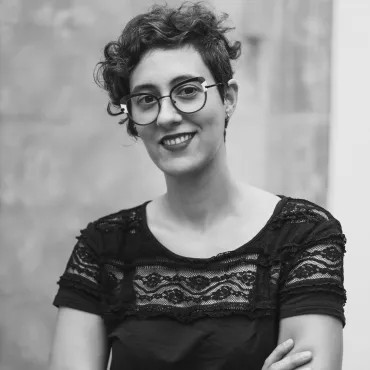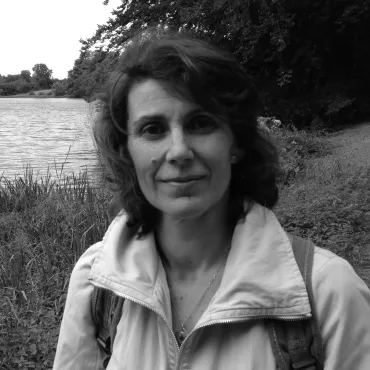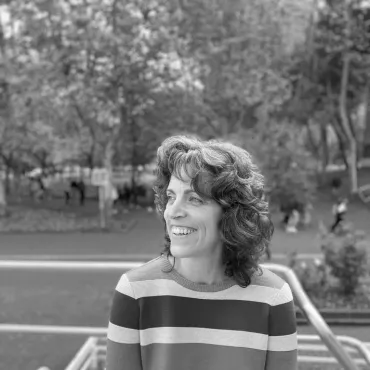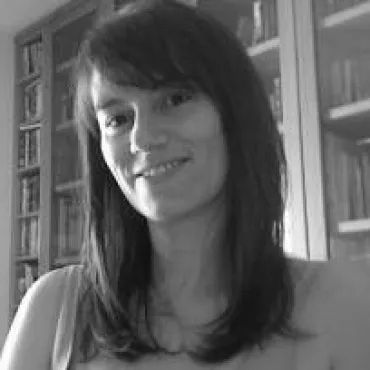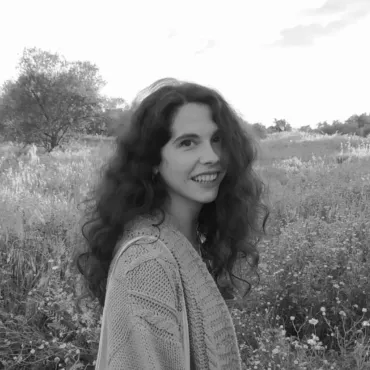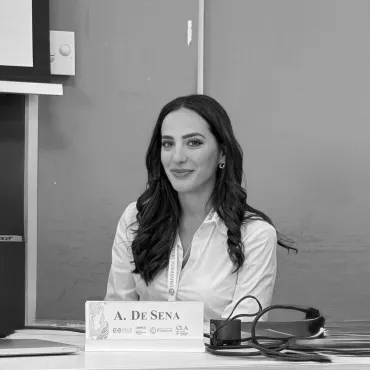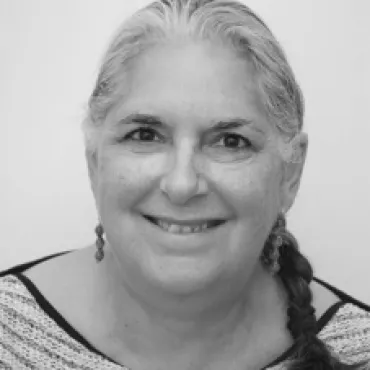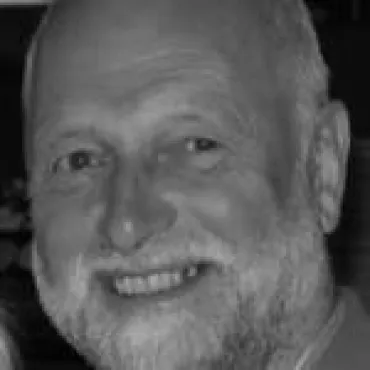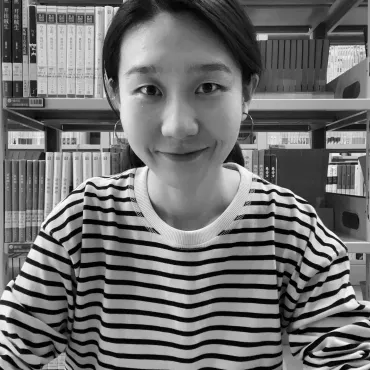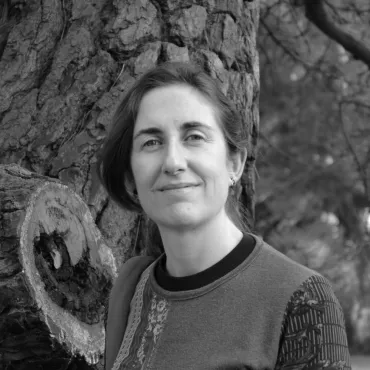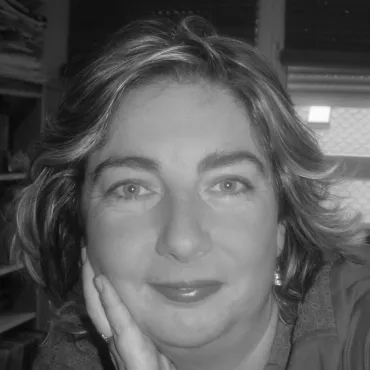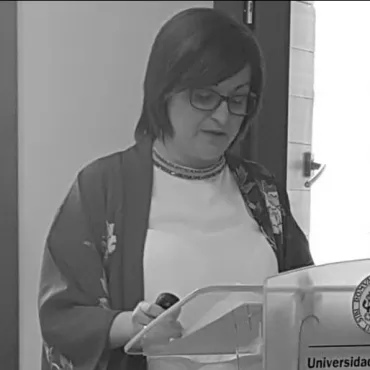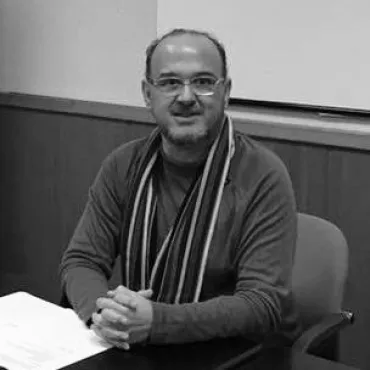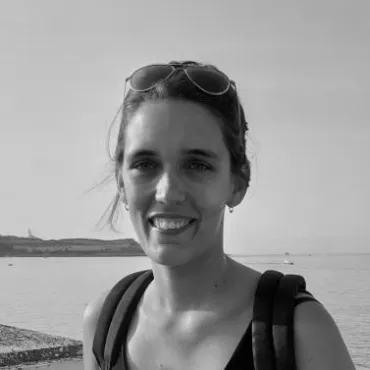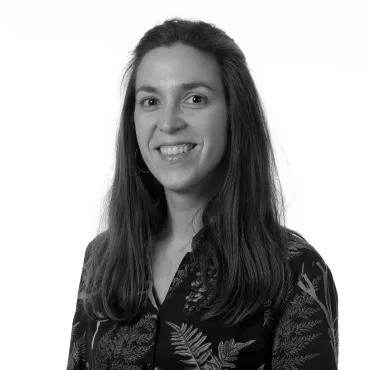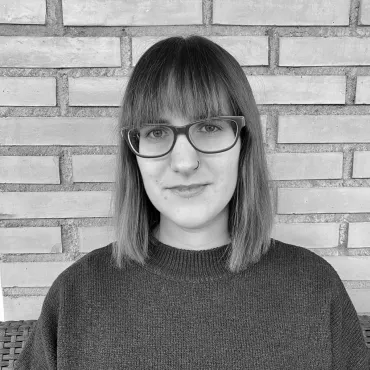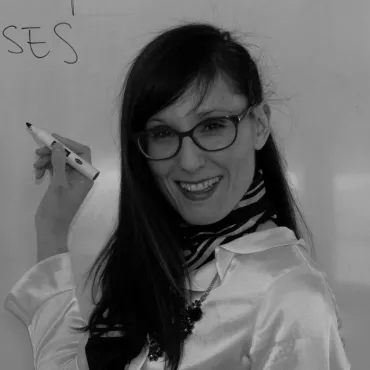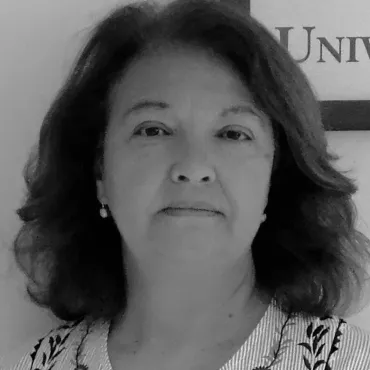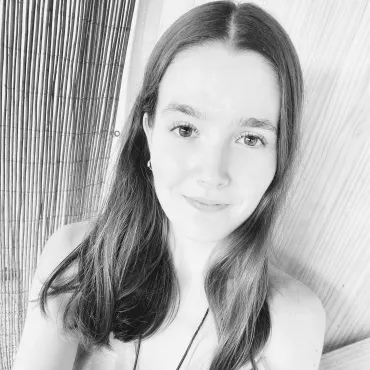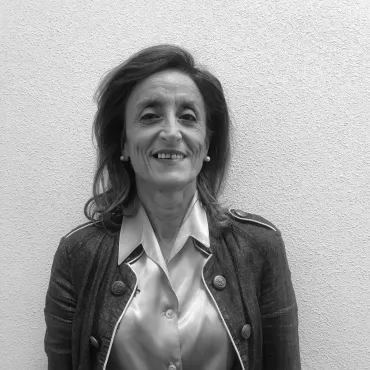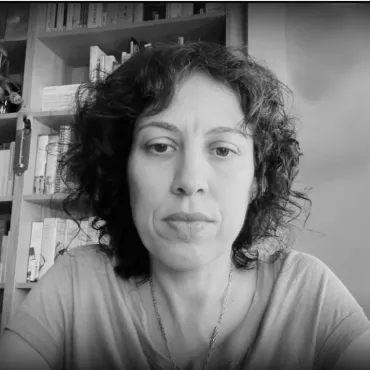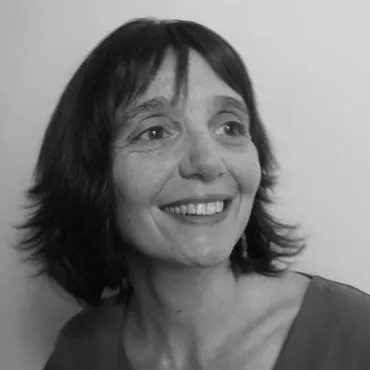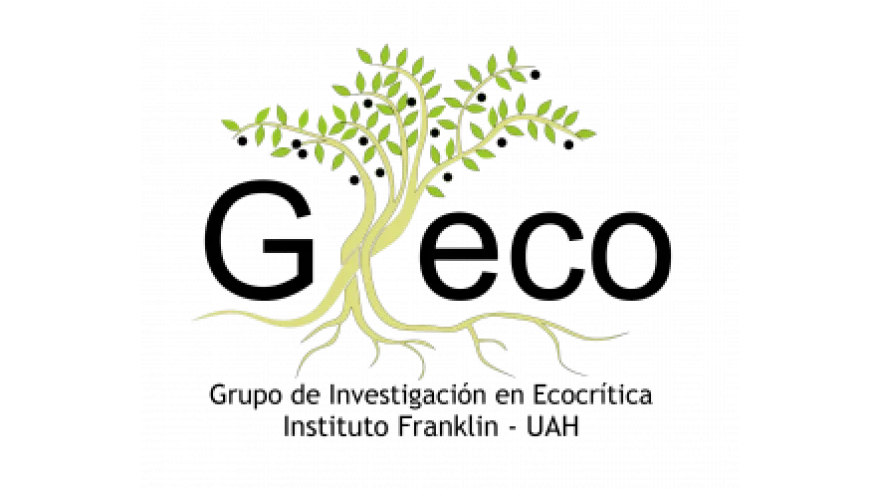
The GIECO research group, created in 2006 and located in the Instituto Franklin-UAH, is the first and only research group in Spain completely devoted to Ecocriticism and Environmental Humanities. The group is formed by professors and researchers from different universities both in Spain and abroad who come from different fields including Spanish, French and English Philology, and other areas related to Humanities.
The GIECO research group aims to address the study of relationships between human beings and the environment from the field of humanities. Such relationships are understood more specifically as a cultural expression of its people. In this sense, the theoretical starting point of this project, ecocriticism, originated as a branch of literary criticism which was, in combination with philosophy, intended to analyse the values, representations, and behaviors towards nature and environment in cultural expressions. Therefore, our research focuses in literature written in English, French, and Spanish, and also encompasses cinema, art, and any other means of cultural expressions. It focuses as well on the study of the relationships between human and non-human beings from a philosophical perspective.
Therefore, the group of GIECO is very diverse, although there is a common interest that is embodied and reflected in the research results. The group members belong to different geographical regions but meet at least once a year in specific seminars in which they develop common projects. The group also constitutes a reference group for PhD candidates interested in Ecocriticism and Environmental Humanities.
The main research areas are:
Ecocriticism: Theories, methodologies, and debates.
Environmental Humanities: Development and debates.
Philosophy and Critical Theories, and their application to textual analysis (Ecofeminism, Animal Studies, Ecocritical Materialism, Eco-Postcolonialism, Posthumanism).
Cultural Diversity, Identity, and Thought in the perception of nature.
Representations of nature in literature and other discourses and artistic means such as folk literature, chidren’s literature or YA literature, cinema, music, etc.
The otherness of nature: The relationship between nature and other marginal groups (indigenous, postcolonial, ethnic, animal groups, etc.).
Environmental Ethics: Environmental awareness, activism and justice in Humanities, particularly its depiction in cultural expressions.
Ecotranslation, Ecolinguistics, and Ethnolinguistics.
For more information about GIECO, see their website.
Members
Humanidades ambientales. Estrategias para la empatía ecológica y la transición hacia sociedades sostenibles: “Relatos para el cambio” (2016-2018). Ref. HAR2015-67472-C2-2-R.
This project reflects on the synergies between the visual and textual arts and the development of ecological awareness. Its starting point is the empirical confirmation of the contemporary environmental crisis and its consequences for global civilization and the current industrialized societies way of life. For it, the horizon of sustainability is assumed as the ultimate goal. But its fundamental premise is the need to adopt a transdisciplinary approach based on Environmental Humanities, which constitute a valuable tool for ecological awareness and moral transformation. Specifically, the project intends to think about the necessary connection between empirical knowledge of current environmental problems and the essential change in moral values that must sustain both ecological awareness and the subsequent development of a citizenry committed to the ideal of a sustainable society. This connection can only be understood by creating spaces of empathy in which imagination and emotional aspects are cultivated - aspects that are crucial for moral education. In this sense, the visual arts and literature are considered important vectors of change on the ethical context. Works of art and literary stories foster attitudes and values, promote identification with other beings and with the world around us, stimulate reflection on the moral consideration of the non-human world, and even exhort us to action. Therefore, the main objective of the project is to point out the importance of creating such spaces of empathy and contributing to their expansion.
The project depends on two closely coordinated groups: “Artes visuales, ética y empatía ecológica” and “Relatos para el cambio”, in which several members of the GIECO group participate. Among the different activities that are carried out, in addition to academic articles, conference presentations and the two joint books of the project, it is worth highlighting: the literary contest "La voz de la naturaleza" in collaboration with the Writing School of the Universidad de Alcalá in Spring 2017; a series of interviews with different citizens about the reasons behind their commitment environment; personal testimonies about landscapes with a special meaning; non-fiction creative essays written by students and researchers reflecting on the different attitudes towards environment; and a bibliography of recommended readings that promote environmental awareness.
This project is funded by the State Program for Research, Development and Innovation Oriented to the Challenges of Society of the Spanish Ministery for Economy and Competitiveness (MINECO) and the European Union (FEDER), Call 2015, Modality 1: "Proyectos De I+D+I", Ref. HAR2015-67472-C2-2-R.
The “Acis & Galatea” Program has the general objective of demonstrating the intimate relationship between mythology and the cultural configuration of Madrid, as a city and as a community, Spain and Europe (and Western civilization, when research requires it) in contemporary times (20th and 21st centuries). To this end, the group will study myths and legends through celebrations, tourism, and the leisure and cultural industry. The particular objective is to determine the current social impact of myths and legends in celebrations, tourism, industry and environmental attitudes in the different social groups and strata of Madrid, Spanish and European citizens.
The composition of the Program is fundamentally interdisciplinary, due to the configuration of the groups that make it up and the means used for it (literature, visual arts, music and entertainment, and popular festivals and celebrations). A total of 125 people from 10 countries and from 30 different universities participate in it.
The Program is made up of 10 groups, thus ensuring the diversity and versatility of its members. Each group has a different focus on the humanities and is led by a principal investigator with extensive experience in research projects, organization of international conferences, and the transfer of knowledge to society. The GIECO group focuses on environmental attitudes that derive from cultural myths and how they have evolved. In addition to academic articles and conference presentations, one of the group's greatest contributions will take place with the autumn 2018 issue of the Ecozon@ journal: European Journal of Literature, Culture and Environment, which will focus on myths and ecocritics. In a more popular sphere, the group also organized together with the School of Writing of the University of Alcalá the spring writing contest of 2017, encouraging students and the general public to write stories or essays that reflect traditional myths and the environment. Finally, the GIECO group is organizing the I International Conference on Environmental Humanities in Spain, with the title of "Relatos, mitos y artes para el cambio", which will be held in Alcalá de Henares from July 3 to 6, 2018.
The Project Acis&Galatea “Actividades de Investigación en Mitocrítica Cultural”, ref. S2015/HUM-3362, is funded by the Comunidad Autónoma de Madrid and the Fondo Social Europeo.
Project funded by the Instituto Franklin-Universidad de Alcalá.
Main researcher: Carmen Flys Junquera
Project funded by the Universidad de Alcalá (UAH PI 2005-065)
Main researcher: Carmen Flys Junquera
Management, conservation, and dissemination of the historical, artistic, linguistic, musical, natural, and audiovisual heritage in relation to tourism and development in the Madrid Community.
Budget: 16 000 €.
Duration: 01/01/2020 – 31/12/2021
- Revista Nerter: Revista dedicada a la literatura, el arte y el conocimiento. Monográfico “Ecocríticas”. Nº 15-16. 2010.
- Feminismos.
- Revista Canaria.


